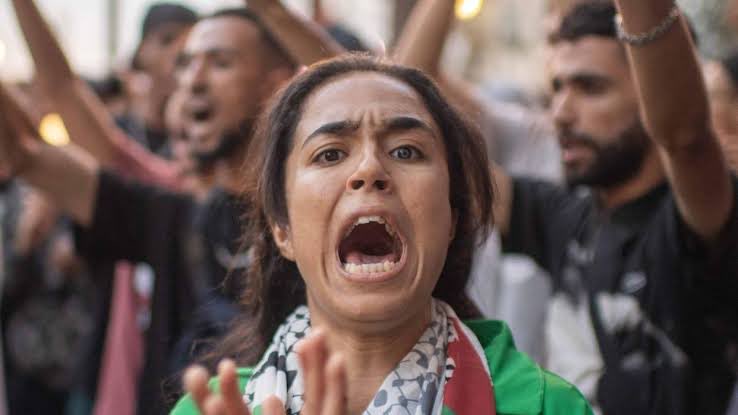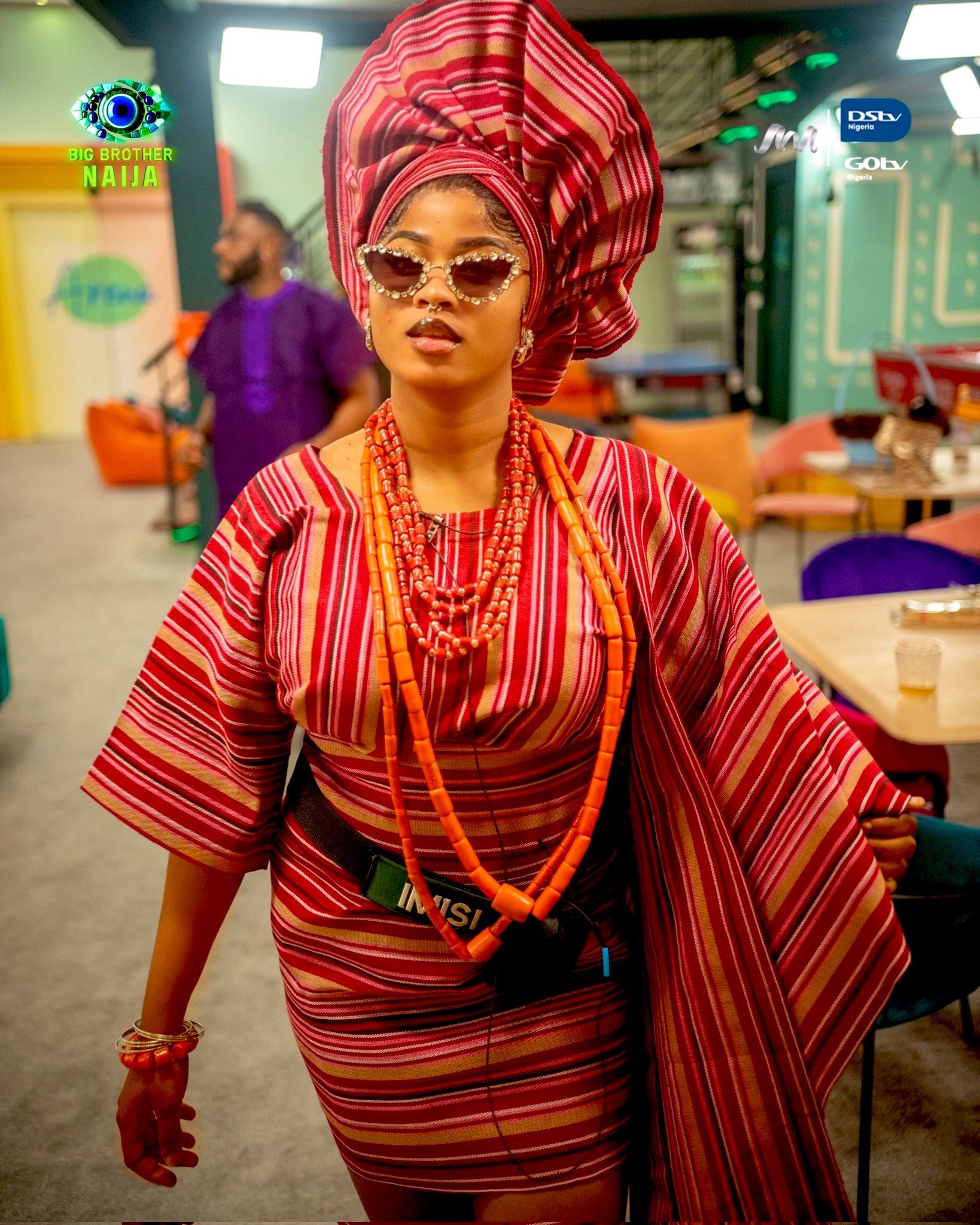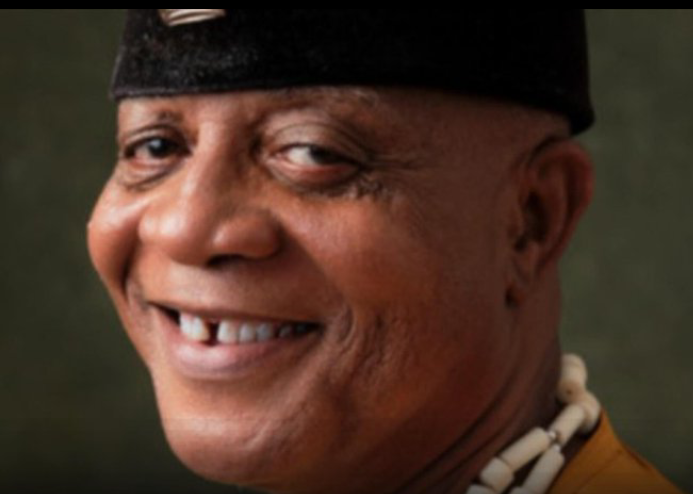
“We Want Hospitals, Not Stadiums” — Moroccans Erupt in Protest Ahead of 2030 World Cup

As the excitement surrounding the 2030 FIFA World Cup builds, Morocco, one of the host nations, is witnessing a wave of discontent among its citizens. In what began as small demonstrations in Casablanca, Rabat, and Marrakesh, thousands of Moroccans have now taken to the streets, chanting a simple but powerful message: “We want hospitals, not stadiums.” The slogan has quickly become a national cry, echoing across social media platforms and reverberating through the heart of Moroccan society as ordinary citizens express their frustration over what they describe as misplaced government priorities.
The North African nation, set to co-host the 2030 tournament alongside Spain and Portugal, has been pouring billions of dirhams into massive infrastructure projects — gleaming new stadiums, luxury hotels, and road expansions — all aimed at presenting Morocco as a world-class destination for the global football showpiece. But as the cranes rise and concrete pours, many citizens say their reality remains unchanged: overcrowded hospitals, crumbling schools, and deepening economic struggles.
Protesters argue that the government’s obsession with impressing the international community has come at the expense of the Moroccan people’s welfare. “What good is a world-class stadium when we can’t get proper medical treatment?” shouted one protester in Casablanca, her voice amplified through a megaphone as hundreds around her waved placards bearing messages like “Healthcare is not a luxury” and “Football won’t cure our pain.”
Videos from the protests have flooded social media, showing police attempting to disperse crowds as chants of “bread, justice, and dignity” filled the air — a familiar refrain that dates back to the 2011 Arab Spring, when Moroccans similarly demanded social and economic reform. This time, however, the target is the government’s World Cup ambition, which critics say reflects a growing disconnect between Morocco’s elite and its struggling masses.
Morocco has been hailed internationally for its rapid modernization and its successful bid to co-host the 2030 World Cup, a historic first for North Africa. Yet, beneath that global recognition lies simmering frustration. According to reports, many public hospitals remain understaffed and under-equipped, with patients often waiting hours — sometimes days — to receive care. In rural areas, access to basic health services is still a challenge, with some residents forced to travel long distances for treatment.
The anger was further fueled when leaked government documents revealed that over $1.5 billion had been allocated to upgrade and build stadiums in key cities like Tangier, Casablanca, and Marrakesh, while less than a quarter of that amount was set aside for healthcare infrastructure in the same regions. “It’s as if they care more about tourists than the people who live here,” said a 29-year-old teacher in Rabat who joined the protests. “They say it’s for the economy, but what kind of economy thrives when its people are sick and poor?”
Moroccan authorities, however, insist that hosting the World Cup will ultimately benefit citizens by boosting tourism, creating jobs, and improving infrastructure. In a statement, the Ministry of Sports and Culture defended the investments, saying that the World Cup is “an opportunity for Morocco to showcase its development and attract long-term foreign investment.” The statement also promised that the benefits “will extend beyond football to every Moroccan household.”
But not everyone is convinced. Many protesters argue that such promises have been made before — during previous mega-projects and international events — only for the benefits to be concentrated among the political and business elite. Analysts say the protests reveal deep-rooted tensions in Moroccan society, where visible symbols of modernity often mask systemic social inequality. “Morocco has done an incredible job positioning itself as a modern African nation,” said political analyst Karim Benyahia. “But these protests show that progress means little if it doesn’t translate to improved living conditions for ordinary people.”
The protests have also sparked a wider online campaign. The hashtag #HospitalsNotStadiums has trended across X (formerly Twitter) and Instagram, with users sharing personal stories of loved ones lost due to lack of access to timely healthcare. One viral post showed a photo of a newly constructed stadium alongside a dilapidated hospital ward with broken beds and peeling paint. The caption read: “This is our reality.” The post garnered over half a million shares within 24 hours, turning into a digital rallying cry for accountability.
While the government has not yet announced any change of plans, reports suggest that authorities are closely monitoring the situation, wary of the protests escalating further. The police presence in major cities has visibly increased, and several protest organizers have allegedly been questioned. Despite this, the demonstrations have remained largely peaceful, with organizers emphasizing that their movement is not anti-World Cup but pro-human welfare. “We are not against football,” said one demonstrator in Marrakesh. “We are against neglect. We love our country, but love also means speaking the truth.”
The 2030 World Cup — marking the centenary of the tournament — is set to be the first in history to span three continents, with matches hosted in Europe, Africa, and South America. For Morocco, the event is supposed to symbolize national pride and global recognition. But with public anger rising, the nation now faces a delicate balancing act: how to celebrate a once-in-a-lifetime sporting event without alienating its citizens.
Economic experts warn that the protests could intensify if tangible improvements are not seen soon. Morocco’s unemployment rate remains high, particularly among the youth, and inflation has pushed up the cost of living, making everyday essentials more expensive. For many, the sight of gleaming stadiums being built while hospitals struggle to function feels like a cruel irony. “We are proud that Morocco will host the world,” said a young protester holding a placard that read “Heal us before you host them.” “But pride won’t feed us, and it won’t heal our sick.”
The World Cup, once a unifying dream, is fast becoming a lightning rod for public discontent. Whether the Moroccan government can turn that discontent into dialogue remains to be seen. For now, the chants of “We want hospitals, not stadiums” continue to echo through Morocco’s streets, a haunting reminder that no matter how grand the global stage may be, a nation’s true victory lies in the wellbeing of its people.
As the countdown to 2030 begins, the world watches Morocco with admiration — and concern. Will the kingdom’s pursuit of global glory come at the cost of its citizens’ basic needs? Or will this moment of public outcry push the government to finally bridge the gap between its ambitions and the daily struggles of its people? For millions of Moroccans, that answer may determine not just how they remember the World Cup, but how they define their country’s legacy for generations to come.

